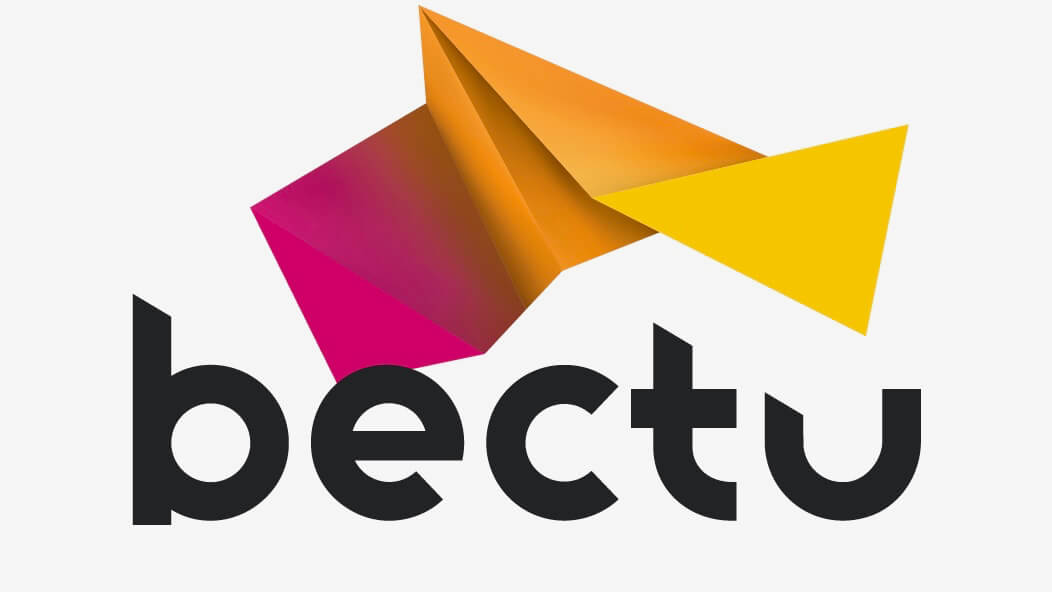Creative industry workers’ union, Bectu, has released the results of a new survey showing 92% of the workforce has witnessed or experienced bullying or harassment on grounds of their sex or gender in the workplace.
The research also points to a lack of adequate and trusted reporting mechanisms, with just 13% of UK creative workers confident that the industry is taking effective action to deter unwanted behaviours at work.
The survey of workers across the UK’s creative industries – including film and TV, theatre, live events, broadcasting and cinema – found that six in ten creative workers had experienced unwanted and/or inappropriate touching, hugging or kissing. A quarter have witnessed the circulation of pornography in the workplace.
85 per cent of those surveyed had experienced or witnessed an incident of sexual harassment in their place of work (85%), and for half of those surveyed, incidents had occurred at a work-related social event.
For the majority, the perpetrator was a colleague (64%) or multiple colleagues (37%), and most likely someone senior (55%) or the person’s manager or head of department (26%). For those working in theatre, live events and cinemas, perpetrators were more likely to be attending events or members of the public.
Respondents felt that high-profile cases, such as the allegations against Russell Brand, have done little to shift the dial; only 14% say that high-profile cases have improved employers’ responses to sexual harassment in the creative sector.
The survey found that reporting systems across the creative industries are not fit for purpose, with many driven to leave a job rather than reporting sexual harassment, for fear of reprisal. This disproportionately affects the freelance workforce – of those who had left their job, 31% were in full time employment and 69% were freelancers.
83% of respondents felt that behaviours that would be considered toxic and inappropriate in public life are often tolerated in the creative sector, and just a third of respondents (and less than a quarter of freelancers) felt confident about how to report an incident of sexual harassment at work.
More than 60% chose not to report an incident because they were worried it would negatively impact their career.
84% of respondents believe it is harder to report incidents of sexual harassment as a freelancer.
More than half of freelancers did not report incidents because they were worried that it might lose them work (59%) or that it would negatively impact their career (71% compared to 30% of full time employees).
Many respondents talked about the power imbalances and that they felt disposable compared to performers or ‘talent’ that they worked with.
Bectu is launching a new helpline for members who experience sexual harassment at work.
Members can use the service to record their experiences and so help the union to track problem areas. They also have the option of talking to a trained staff member and, if they wish, discussing any next steps they may wish to take, for example raising the issue formally.
Bectu is rolling the service out across its membership after a successful trial in its freelance areas.
Head of Bectu Philippa Childs said: “It’s no secret that sexual harassment remains a scourge on the creative industries. While we hear lots of warm words and well-meaning policies and procedures abound, it is clear that a radical step-change is needed for the sector to meaningfully tackle this issue.
“Everyone should be able to do their job free from the threat of any form of harassment. In a sector where power imbalances are particularly extreme, it’s critical that victims can have confidence that their allegations will be taken seriously, investigated and dealt with swiftly, and perpetrators held to account.
“While it’s been pleasing to see organisations from across the sector signal their support for the Creative Industries Independent Standards Authority, this needs to now be backed up by meeting CIISA’s financial ask of no more than 0.1% of organisations’ annual UK turnover. This will be critical to ensure the authority moves from its development to operational phase.
“The mental toll and wide-reaching impacts of workplace sexual harassment can be absolutely devastating. Employers across the creative industries must take a much more proactive, leading role in ensuring the sector is a safe, mentally healthy and respectful place to work for everyone, including freelancers and behind the scenes workers.”
Jon Creamer
Share this story


















